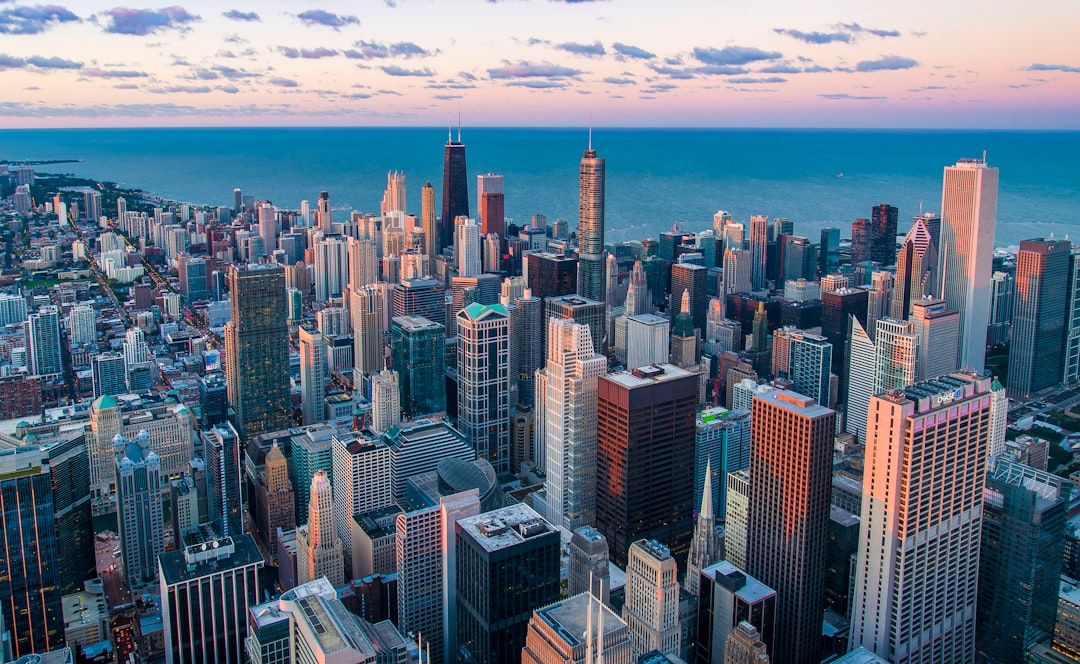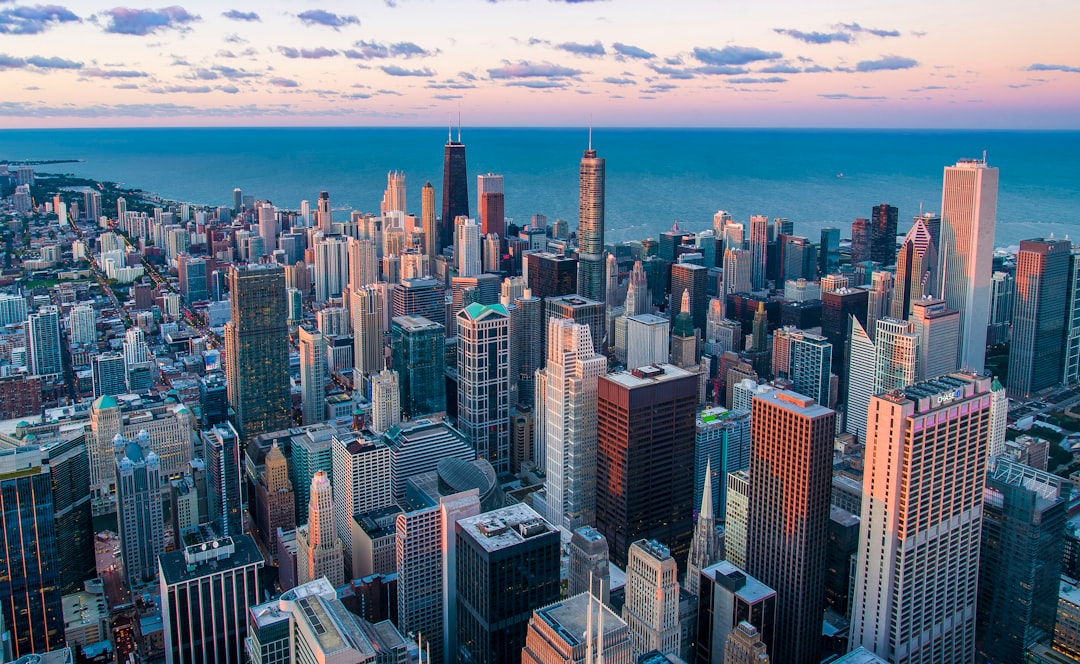In a dynamic telemarketing industry, personalization and compliance are key to success. Savvy consumers demand tailored interactions, leading marketers to shift from generic scripts to data-driven strategies. Regulatory changes, like strict adherence to TCPA and the Illinois Consumer Fraud Act, build consumer trust and reduce unwanted calls, including spam in Chicago. Intelligent call routing, Interactive Voice Response (IVR) systems, and "Do Not Call" lists empower Chicago residents to manage communication channels, effectively filtering out spam calls and reclaiming control over their privacy in an increasingly digital landscape.
The future of telemarketing is here, reshaping communication strategies across Illinois and beyond. This article delves into the evolving landscape, exploring key trends like personalization and compliance, as well as the impact of intelligent call routing on Chicago residents. We examine Interactive Voice Response (IVR) systems in spam reduction and analyze regulatory measures, offering insights into how to stop spam calls in Chicago effectively. Understanding these shifts is crucial for businesses aiming to enhance customer experiences while navigating Illinois’ strict telemarketing laws.
Understanding the Evolution of Telemarketing: A Shift Towards Personalization and Compliance

In the ever-evolving landscape of telemarketing, a significant shift is underway, driven by consumer preferences and regulatory changes. Today’s savvy consumers are increasingly demanding personalized interactions, expecting marketers to understand their unique needs and preferences. This evolution requires telemarketers to move beyond generic scripts and embrace dynamic, data-driven strategies that cater to individual customers.
Moreover, strict compliance with regulations like the Telephone Consumer Protection Act (TCPA) has become paramount. Businesses must obtain explicit consent before making automated calls and provide clear opt-out mechanisms. By aligning telemarketing practices with these principles, companies can foster trust and minimize the risk of unwanted calls, such as spam calls Chicago residents often face. This not only enhances consumer satisfaction but also ensures sustainable growth in an increasingly regulated industry.
The Rise of Intelligent Call Routing and Its Impact on Chicago Residents

In the dynamic landscape of telemarketing, the rise of intelligent call routing is a game-changer for residents of Chicago, Illinois. This advanced technology enables businesses to direct calls to the most suitable representatives based on factors like customer preferences, call type, and agent expertise. As a result, Chicagoans can expect more personalized interactions with telemarketers, leading to higher satisfaction levels and reduced frustration from unwanted or irrelevant calls.
Moreover, intelligent call routing plays a crucial role in mitigating spam calls, which remain a significant concern for many Illinois residents. By employing sophisticated algorithms, this technology filters out suspicious or nuisance calls, ensuring that only legitimate business inquiries reach consumers’ phones. This shift towards smarter call management not only enhances the overall telemarketing experience but also empowers Chicagoans to enjoy more peace of mind when it comes to managing their communication channels and effectively learning How to Stop Spam Calls Chicago.
Enhancing Customer Experience: Interactive Voice Response (IVR) Systems and Their Role in Spam Reduction

Telemarketing, a long-standing practice in sales and customer service, is evolving with technological advancements. One significant development is the integration of Interactive Voice Response (IVR) systems. These automated tools play a crucial role in enhancing customer experience while also tackling the persistent issue of spam calls. By implementing IVR, businesses can offer interactive menus, allowing callers to navigate options tailored to their needs. This reduces the likelihood of unwanted interactions and, consequently, minimizes spam calls, providing residents of Chicago with greater control over their communications.
The use of IVR systems provides a more efficient and user-friendly experience for consumers. Callers can quickly reach relevant departments or obtain specific information without lengthy hold times or speaking to multiple agents. Moreover, these systems can be programmed to recognize and filter out spam calls, ensuring that residents’ phone lines remain clutter-free. This advancement in telemarketing practices aligns with the growing demand for effective spam call reduction methods in Chicago and across Illinois.
Regulatory Measures and Their Effectiveness in Curbing Unwanted Calls: A Focus on Illinois Law

In an era where technology facilitates seamless communication, the rise of telemarketing has brought both opportunities and challenges. While it offers businesses a direct line to potential customers, it also gives birth to unwanted calls, commonly known as spam. To combat this issue, regulatory measures have been implemented, with Illinois leading the way in crafting laws that protect residents from intrusive phone marketing practices. The Illinois Consumer Fraud Act prohibits telemarketers from making deceptive or misleading calls, ensuring transparency and consent from consumers. This law is a game-changer for Chicago residents who often face an overwhelming influx of spam calls, offering them a legal framework to reclaim their privacy.
By establishing strict guidelines and penalties for violators, these regulatory measures aim to reduce the volume of unwanted telemarketing calls. The effectiveness lies in empowering residents with tools to combat spam. Illinois laws permit individuals to register on the “Do Not Call” list, a national registry that restricts phone marketing calls. Additionally, the state’s Attorney General’s office actively prosecutes complaints related to telemarketing fraud, further deterring companies from engaging in such practices. As a result, Chicagoans can take proactive steps to How to Stop Spam Calls Chicago by utilizing these legal protections and ensuring their peace of mind in an increasingly digital communication landscape.






